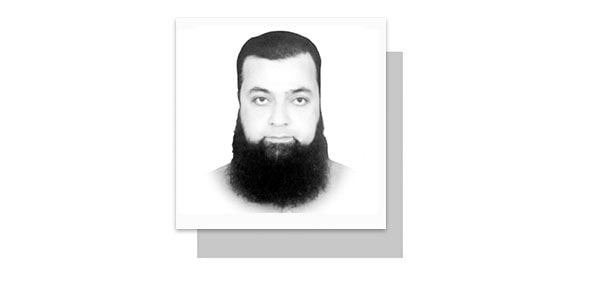PAKISTAN’S Constitution lays a strong foundation for safeguarding the rights of all citizens, particularly religious minorities. Article 22 of the Constitution ensures that no person is compelled to receive religious instruction or participate in religious activities that are not of their own faith in educational institutions. While this provision is crucial for protecting religious freedoms in a diverse country like Pakistan, the lack of a specific policy framework for its implementation raises serious concerns.
Religious minorities, including Christians, Hindus, Sikhs and others, make up a significant portion of the population and Article 22 guarantees their freedom from compulsory religious instruction and protects them from discrimination in educational settings. However, without clear, enforceable guidelines from educational authorities, such as the Higher Education Commission (HEC), minority students remain vulnerable to coercion and discrimination.
Although Article 22 aims to foster tolerance and inclusivity, its practical application in educational institutions often falls short. Reports of minority students being pressured to participate in religious ceremonies or attend religious classes contrary to their beliefs are concerning. In many state-run schools, Islamic studies is the default subject, and while provisions exist for minorities to opt for ethics classes, the availability and quality of these alternatives are inconsistent, particularly in rural areas. This lack of resources and alternative instruction options forces many minority students to attend classes that do not align with their faith. Moreover, the broader educational environment often fails to foster inclusivity, with some teachers being unaware or indifferent to religious sensitivities, inadvertently alienating minority students.
The implementation of Article 22 is inconsistent across federal and provincial levels, largely due to the devolution of education under the 18th Amendment. While some urban areas have introduced alternative subjects for minority students, efforts remain hindered by a lack of resources and trained educators, particularly in rural regions. The absence of a uniform, comprehensive national policy further exacerbates these issues, leaving minority students vulnerable to discrimination. Stronger federal oversight and clearer provincial guidelines are needed to ensure the protection of religious freedoms across the country.
The Higher Education Commission (HEC), as the regulatory body for higher education institutions, plays a critical role in shaping educational policies but currently lacks a dedicated policy addressing the implementation of Article 22. While the HEC has introduced broader anti-discrimination guidelines, they fail to address the specific challenges faced by religious minorities in educational institutions. A dedicated policy aligned with the constitutional mandate of Article 22 is urgently needed, covering both primary and higher education. This policy should provide clear guidelines for educational institutions on accommodating the religious freedoms of minority students and ensure their protection in practice, not just in theory.
To uphold the rights enshrined in Article 22, the HEC and the Ministry of Education must collaborate to establish enforceable guidelines for accommodating religious freedoms, including providing well-resourced alternatives to religious instruction. Training programs on religious tolerance and inclusivity should be mandatory for teachers and staff, and a robust monitoring mechanism should be introduced to ensure compliance with Article 22. Educational institutions must also promote interfaith understanding through extracurricular activities and foster an inclusive environment that respects the religious freedoms of all students. A comprehensive policy framework that protects minority rights is essential to ensure that Pakistan’s education system reflects the diversity and equality promised in its Constitution.
—The writer is a Legal Scholar, Academic Manager and Instructor at a renowned Public Sector University.










